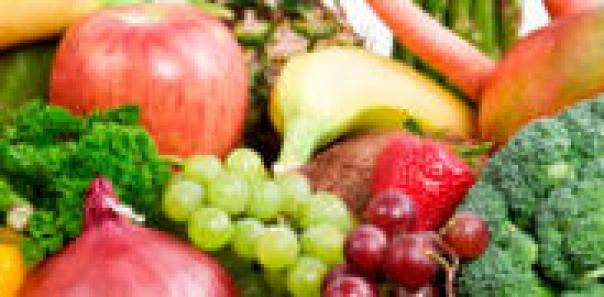
Dietary flavonoids are natural compounds found in fruits and vegetables. These have been linked to weight loss, but most studies have looked at a particular flavonoid found in green tea, and have mostly been limited to small samples.
However, a team of researchers examined the association between the dietary intake of seven flavonoid subclasses and weight change in a large study of 124,086 men and women based across the US over 24 years.
Participants self-reported their weight, lifestyle habits, and any recently diagnosed diseases via questionnaire every two years, between 1986 and 2011. In addition, they self reported their diet every four years.
Findings revealed that increased consumption of flavonoid subclasses was associated with less weight gain.
The greatest association was found for anthocyanins, flavonoid polymers, and flavonols: each greater standard deviation of daily intake was associated with 0.16 to 0.23 lbs (equivalent to 0.07- 0.10 kg) less weight gained over four year intervals.
Blueberries and strawberries were the main source of anthocyanins, and flavan-3-ols and their polymers were mainly derived from tea and apples. Orange juice and oranges were the main sources of flavanone and flavones, and tea and onions were the main sources of flavonols.
The study adjusted for a range of dietary and lifestyle factors that may have influenced the results, such as smoking status and physical activity. Results were consistent across men and women, and different ages.
Despite being an observational study, the authors believe it “may help to refine previous dietary recommendations for the prevention of obesity and its potential consequences.”